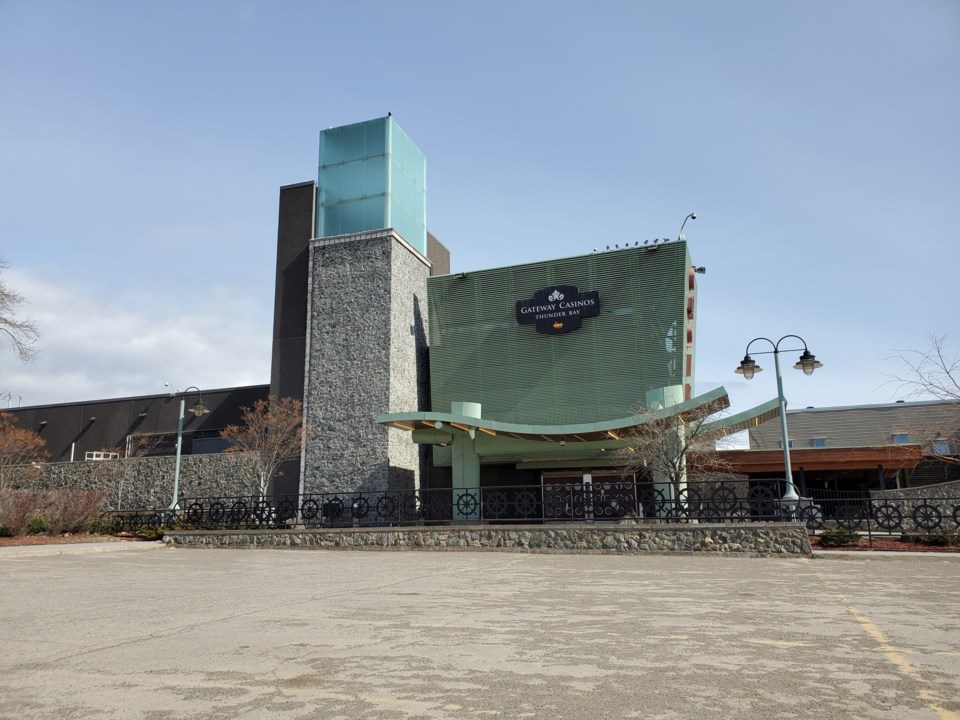THUNDER BAY -- The Superior Court of Justice has upheld a 2019 arbitration decision that Ontario Lottery and Gaming Corporation must honour all the terms of a casino revenue-sharing agreement with the province’s First Nations.
The ruling means OLG must continue giving the Ontario First Nations Limited Partnership (OFNLP) not only a portion of all gaming revenue, but also a percentage of non-gaming revenue from casino operations, even though OLG itself no longer receives any of that revenue stream.
In 2008, OLG signed an agreement with Ontario First Nations Limited Partnership (OFNLP) which required OLG to give First Nations 1.7 per cent of annual gross gaming revenues.
The agreement covered revenue from lotteries, slot machines and table games.
It also included non-gaming revenues (NGR) generated at casinos and slot facilities, such as hotel, food, beverage and other services, plus the retail value of any of these services provided to patrons on a complimentary basis.
In 2013, as it contemplated changes in its business model that would ultimately lead to private companies operating its casinos, OLG decided internally that it would stop giving First Nations 1.7 per cent of NGR and complimentary services.
OFNLP was never consulted on the change, and never informed about it.
It only learned that all non-gaming revenue would now go to the private operators through a footnote in OLG’s audit statements in 2016.
Partnership vice-president Linda Commandant said in 2017 it was “shocking” that OLG did not inform the First Nations about what it had decided in negotiations held with third parties behind closed doors.
OFNLP said the change could cost First Nations more than $100 million in revenue.
It alleged breach of the agreement, and filed for arbitration.
In arbitration, OLG argued that First Nations would benefit from the increased gaming revenues anticipated from the transfer of casinos to private operators.
It had embarked on the modernization program after a strategic business review determined that revenues were threatened and declining.
To attract world-class private operators to assume the risk and responsibility for non-gaming amenities at gaming sites, they would get to keep 100 per cent of non-gaming revenue.
OLG had estimated, in its review, that its net profits would increase by $1.3 billion once the transition to private operators was implemented.
Two members of the three-person arbitration panel, however, ruled that “we cannot accede to OLG’s argument that OFNLP has suffered no loss…OFNLP bargained for all three streams of revenue. Even if one of the contractually guaranteed revenue streams is growing, as OLG projects, this does not create a contractual entitlement to stop paying the other two.”
A third member of the panel delivered a dissenting opinion.
He agreed that OLG had breached its contractual duty to consult with OFNLP, but concluded that OFNLP was not entitled to a share of revenue that OLG no longer received.
However, in a decision released at the end of March, the Superior Court justice who heard OLG’s appeal of the arbitration ruling sided with the majority, calling their finding justifiable, transparent and intelligible.
